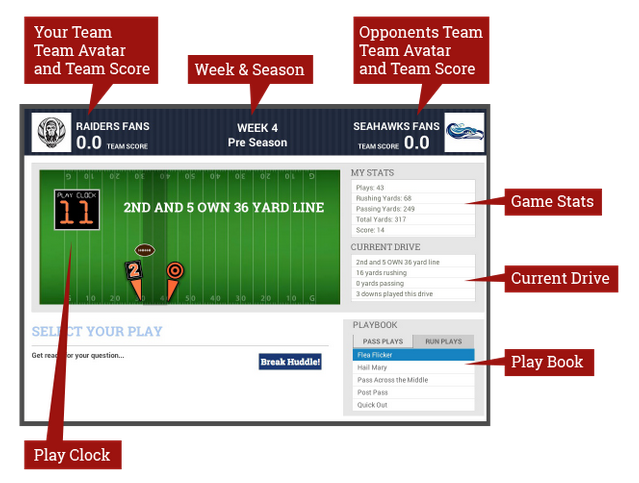It appears 2K Sports’s NHL video game franchise is returning to life via the mobile sphere (h/t Polygon). With an undated title (simply: NHL 2K) it will be 2K’s first NHL game since NHL 2K11. While there is merit to the question “How terrible will the game be?” given that the rival game, so to speak, has been a wasteland of missing features, I think the enduring question is: What future lies ahead for sim sports games on mobile platforms?
And more generally: Are mobile devices becoming viable platforms for simulation sports game?
Madden NFL Mobile (Metascore 66) and the mobile edition for NBA 2K14 (Metascore 59) have shown (by their graphics) that mobile platforms are viable outlets for graphical demands of the simulation video games, but also (by their relatively weak reviews) that mobile platforms need more than just pared down or freemium versions of the platform games.
The mobile platform, to me, seems ripe for a renter model of video game use — a model many companies seem keen on using given the proliferation of MMORPGs over the last decade. Imagine paying — let’s be user-friendly — $5 a month to play an actively updated (with fresh rosters and occasional bigger patches and upgrades) version of MLB The Show. No upfront cost, just $5 a month — tacked onto your phone bill or your XBOX Live / PS Plus bill. You can play it on your mobile device, your home console, your computer. You can save your games to the cloud so your franchise is constantly developing whether you’re on the bus to work, in the bathroom at work, at home, thinking about work, and so on.
Brian Mazique and 2K Sports exec Chris Snyder discuss the new game.
I’m not talking about a freemium game. Because freemium games are not really cut out for simulation gaming and are also kinda the devil. Instead it would be a good game that, over the course of a year, would cost $60, but not expire come the end the season.
This model seems like a win-win to me. I can test out a game for just $5 (or, heck maybe $10) and if I love it, I will never have to buy a replacement and I will have it across all platforms simultaneously. I firmly believe this is what fans of simulation sports games want. Meanwhile, the gaming industry will get a steady income stream for his gold coin pool.
Of course, I could be wrong — maybe no one has an interest in pairing a controller with their iPad or Nexus phone; maybe no one else wants franchise mode in something that has a battery life; maybe there’s no better way to do it than it’s being done now — but maybe it’s time for a developer to find out. And maybe NHL 2K is the first step in that new direction?
(Header illustration via Bradley Woodrum)
